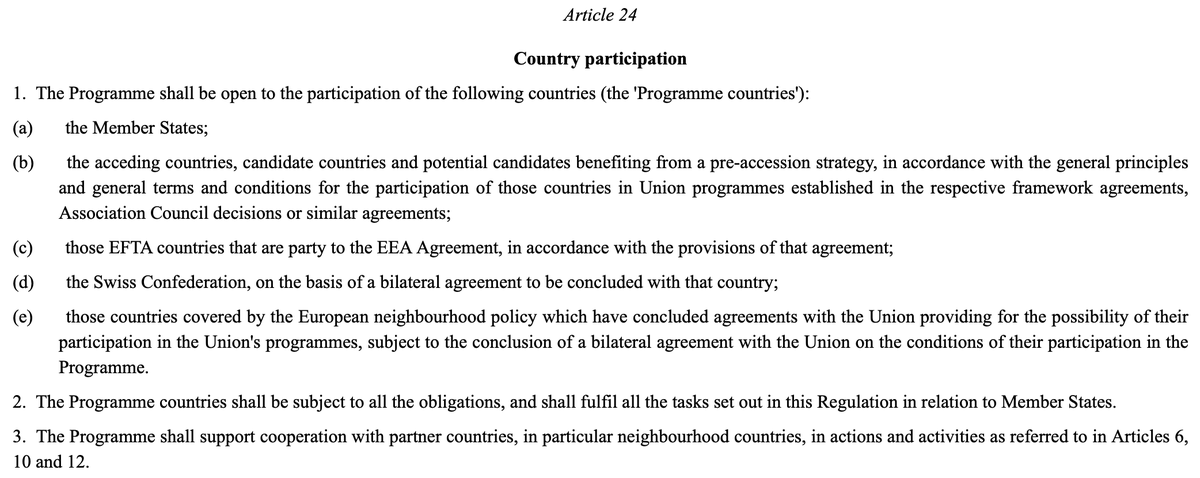
Just listened to the Universities minister, Michelle Donelan, on @BBCr4today @BBCRadio4 #r4today talking about #Turingscheme. Some thoughts, in addition to my comments in the @guardian this morning: theguardian.com/education/2021… /1
Universities are being told if their bids have been successful today. The headline number is that 40,000 UK students are able to go abroad, compared with 28,000 previously under Erasmus. However, that 40,000 relates to the bids, not actual students as per the Erasmus figure. /2
Therefore, these are not like for like. When pressed about actual numbers going, she said they 'will' be going, and to 150 countries. In my opinion, this is unrealistic for several reasons and does not account for the reality of organising exchanges within such a short space. /3
First, some students will need to go out because their degree programme requires it (e.g. language degrees). They might benefit from leftover Erasmus funds, unused from the pandemic. So these are not 'new' students but ones who would go anyway. /4
Second, whilst Unis might have started to invite existing students to apply for places abroad, since the funding was not guaranteed, not all of these will take up a place even if offered. /5
Third, the amount of funding received by each student will vary a lot per institution and destination. So, a student might think that a grant of X amount under Turing would not help them adequately cover the costs of travel. Especially for disadvantaged students. /6
Fourth, the pandemic means that many countries are not even allowing foreign citizens in. And if places can only be confirmed now, then visa processes are likely to take a while. /7
On tuition fees, which is one major change from Erasmus where fee waivers were guaranteed, the Minister said that exchanges under Turing "will be tuition fee free". She is correct that some existing exchanges operate on this basis, but these are existing agreements. /8
It is less clear how successful Universities and other institutions have been in securing new agreements since Turing was announced earlier this year. From personal experience, exchange agreements outside Erasmus are highly time consuming and bureaucratic (on both sides!). /9
The Minister claims students will go to 150 countries. The list I have seen includes countries where the Foreign Office advises against 'all travel'. So it remains to be seen how many students do in fact go, and where. She said 39% are due to go to Europe. /10
In short, we should start to see how Turing can work in practice but we will only know in a year how many actually went. And in the pandemic, I find it very unlikely that there will be 40,000 who are able to go. The good thing is the commitment that Turing will continue. /11
One of the main barriers to students going abroad, especially those with limited financial means going, is the lack of certainty about grants. If Turing continues, the needs to be the same kind of stability of levels of funding that was provided by Erasmus. /12
The claim that 48% of funding to disadvantaged students needs clarity. If actual amounts low, then take-up of places will be negatively impacted. What will be very interesting, and more directly comparable, is what students going to EU will get under Turing v Erasmus. /13
Very interested to see how many go for short-term visits, which is new (Erasmus needed a 3 month stay minimum). This might plug the gap of numbers if the pandemic eases in 2022, though organising such placements can be difficult to fit into Uni programmes (here and overseas). /14
In short, there is more clarity now for Universities but we should be wary of numbers, destinations and the profile of participants until we are able to evaluate how many students actually depart (and come to the UK too). /END
• • •
Missing some Tweet in this thread? You can try to
force a refresh




